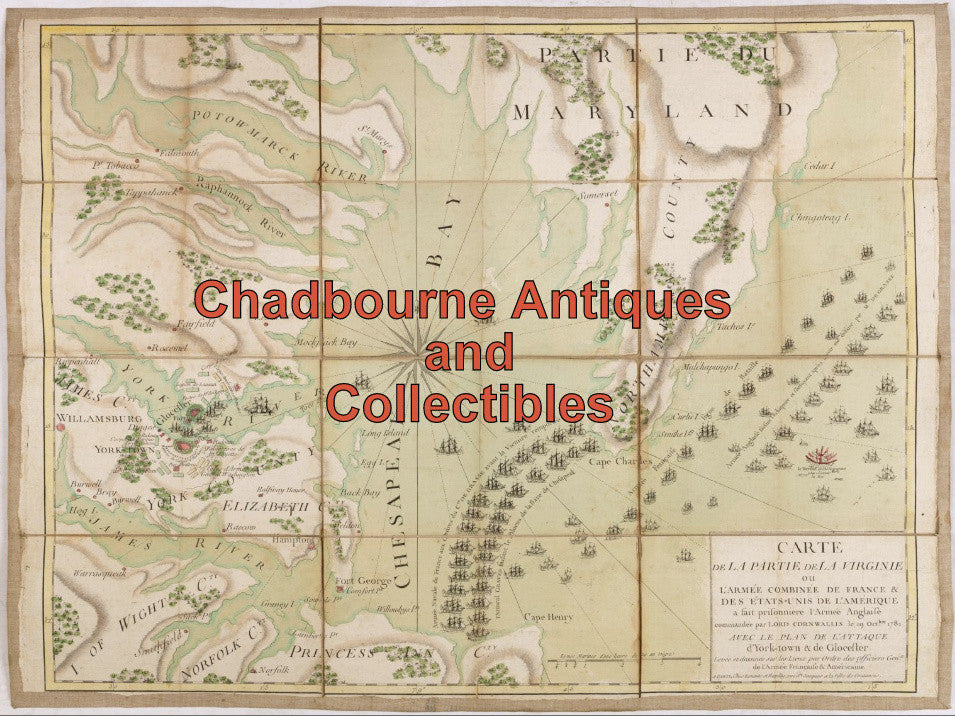$36.00 CAD
| /
Page from English version of George Cuvier’s famous ‘Animal Kingdom’.
Animal Kingdom Pisces Plate 40
Printer: ‘London: G. Henderson, 2. Old Bailey’
Nicely hand-coloured.
Oxidation around edges. Paper crinkled on left, where bound in volume.
8⅜” x 5 ⅛”
Jean Léopold Nicolas Frédéric Cuvier (1769 – 1832), known as Georges Cuvier, was a French naturalist and zoologist, sometimes referred to as the "father of paleontology". Cuvier was a major figure in natural sciences research in the early 19th century and was instrumental in establishing the fields of comparative anatomy and paleontology through his work in comparing living animals with fossils.
Cuvier's work is considered the foundation of vertebrate paleontology, and he expanded Linnaean taxonomy by grouping classes into phyla and incorporating both fossils and living species into the classification. Cuvier is also known for establishing extinction as a fact—at the time, extinction was considered by many of Cuvier's contemporaries to be merely controversial speculation. In his Essay on the Theory of the Earth (1813) Cuvier was interpreted to have proposed that new species were created after periodic catastrophic floods. In this way, Cuvier became the most influential proponent of catastrophism in geology in the early 19th century. His study of the strata of the Paris basin with Alexandre Brongniart established the basic principles of biostratigraphy.
His most famous work is Le Règne Animal (1817; English: The Animal Kingdom).
WIKIPEDIA
